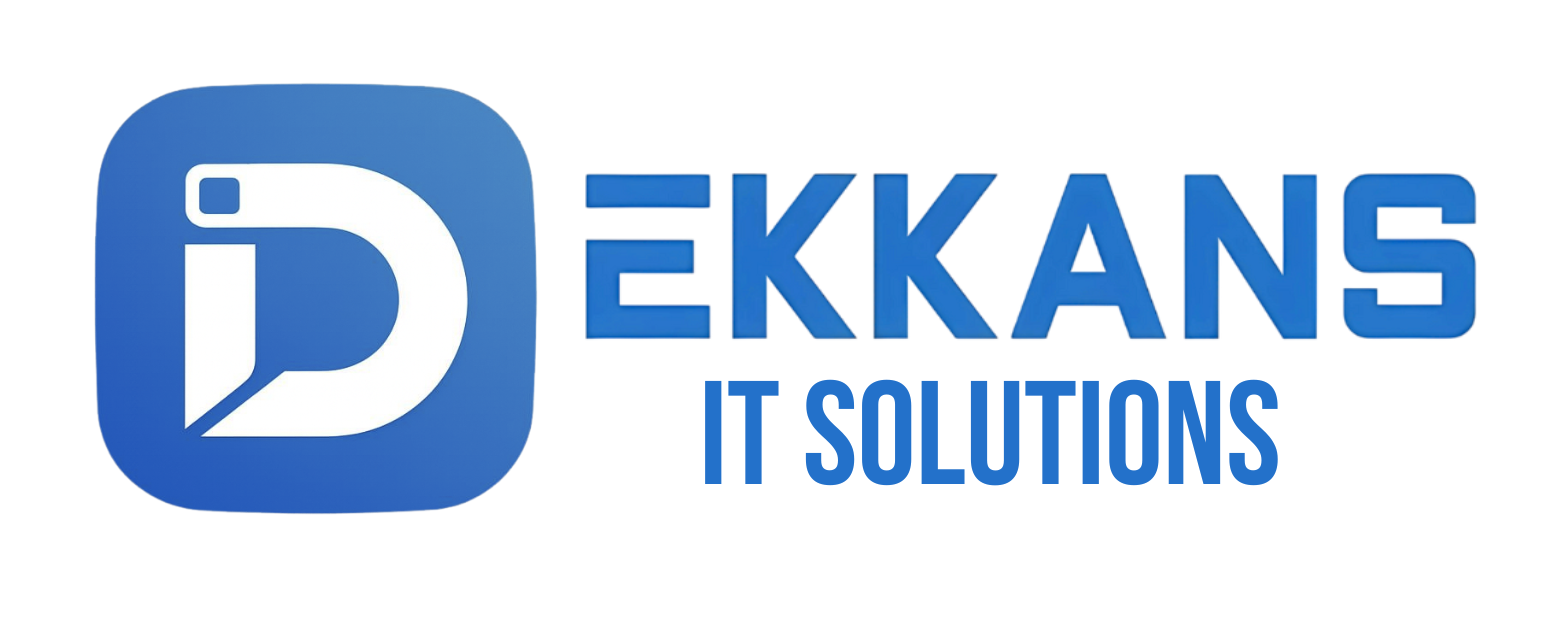In today’s digital landscape, small businesses can’t afford to rely on guesswork when it comes to marketing. Data-driven marketing enables you to make smart, informed decisions, reach the right audience, and maximize your return on investment (ROI)—even on a limited budget.
Here are 10 practical and actionable data-driven marketing strategies tailored specifically for small businesses:
1. Define Clear Marketing Goals
The first step in a data-driven approach is to set measurable and realistic goals. These goals will guide your marketing decisions and help you track progress. Examples include:
- Increase website traffic by 20% in 3 months
- Generate 50 new leads per month
- Improve email open rates by 15%
With defined goals, you’ll be able to determine what data to track and how to adjust your strategy.
2. Use Customer Data to Create Buyer Personas
Understanding your customers is key. Collect data from:
- Google Analytics (site behavior)
- Social media insights (engagement and demographics)
- Customer feedback and purchase history
Use this information to build detailed buyer personas that reflect your ideal customers’ demographics, behaviors, needs, and pain points.
3. Segment Your Audience
Audience segmentation allows for more personalized marketing. Use tools like Mailchimp, HubSpot, or your CRM to segment users based on:
- Demographics (age, location, gender)
- Purchase behavior
- Engagement level (opens, clicks, visits)
Tailoring messages to each segment significantly improves conversion rates.
4. Optimize Your Website Using Analytics
Your website is often your first impression. Use tools such as:
- Google Analytics: Track user behavior and conversion paths
- Hotjar / Microsoft Clarity: Visualize where users click, scroll, and drop off
- A/B Testing: Test headlines, calls-to-action (CTAs), and layouts to improve UX and performance
Regular adjustments based on this data can dramatically improve user engagement and lead generation.
5. Leverage Email Marketing Metrics
Email remains a powerful channel—if optimized properly. Track:
- Open rates
- Click-through rates
- Conversion rates
Use the insights to improve subject lines, test send times, and personalize content. Automation tools help streamline campaigns like welcome emails, abandoned cart reminders, and re-engagement campaigns.
6. Run Targeted Social Media Ads
Data from platforms like Facebook, Instagram, and LinkedIn can help you:
- Target users based on interests, location, and behavior
- Retarget users who visited your website
- Run A/B tests on different creatives and messages
These insights allow you to optimize your budget and ensure your ads reach the right people.
7. Track and Improve Local SEO
Local visibility is crucial for small businesses. Use data from:
- Google Business Profile
- Google Search Console
- Review platforms like Yelp
Focus your efforts on optimizing for keywords with local intent, gaining reviews, and ensuring consistent business citations across directories.
8. Measure and Adjust Regularly
Set up live dashboards using free or low-cost tools like Google Looker Studio or Klipfolio to monitor key performance indicators (KPIs) such as:
- Customer Acquisition Cost (CAC)
- Customer Lifetime Value (CLV)
- Conversion Rates
- Return on Ad Spend (ROAS)
Review performance monthly and make data-informed adjustments to your campaigns.
9. Utilize Affordable Marketing Tools
Working with a tight budget? Try these free or low-cost tools:
- Email: Mailchimp, Moosend
- Analytics: Google Analytics, Matomo
- CRM: HubSpot Free, Zoho CRM
- A/B Testing: Google Optimize or VWO alternatives
- Social Media Scheduling: Buffer, Hootsuite
These tools provide valuable data without breaking the bank.
10. Encourage User-Generated Content
User-generated content (UGC) builds trust and drives engagement. Monitor what content performs best and encourage your customers to share:
- Reviews
- Testimonials
- Social media posts using branded hashtags
Use these insights to guide future campaigns and strengthen brand credibility.
Final Thoughts
Data-driven marketing isn’t just for large corporations. With the right strategies and tools, small businesses can make smarter decisions, improve their marketing ROI, and grow sustainably. Start with one or two strategies above, track your progress, and scale as you go. Your data holds the key—use it wisely.





